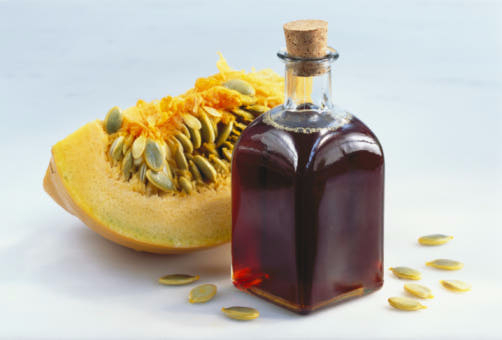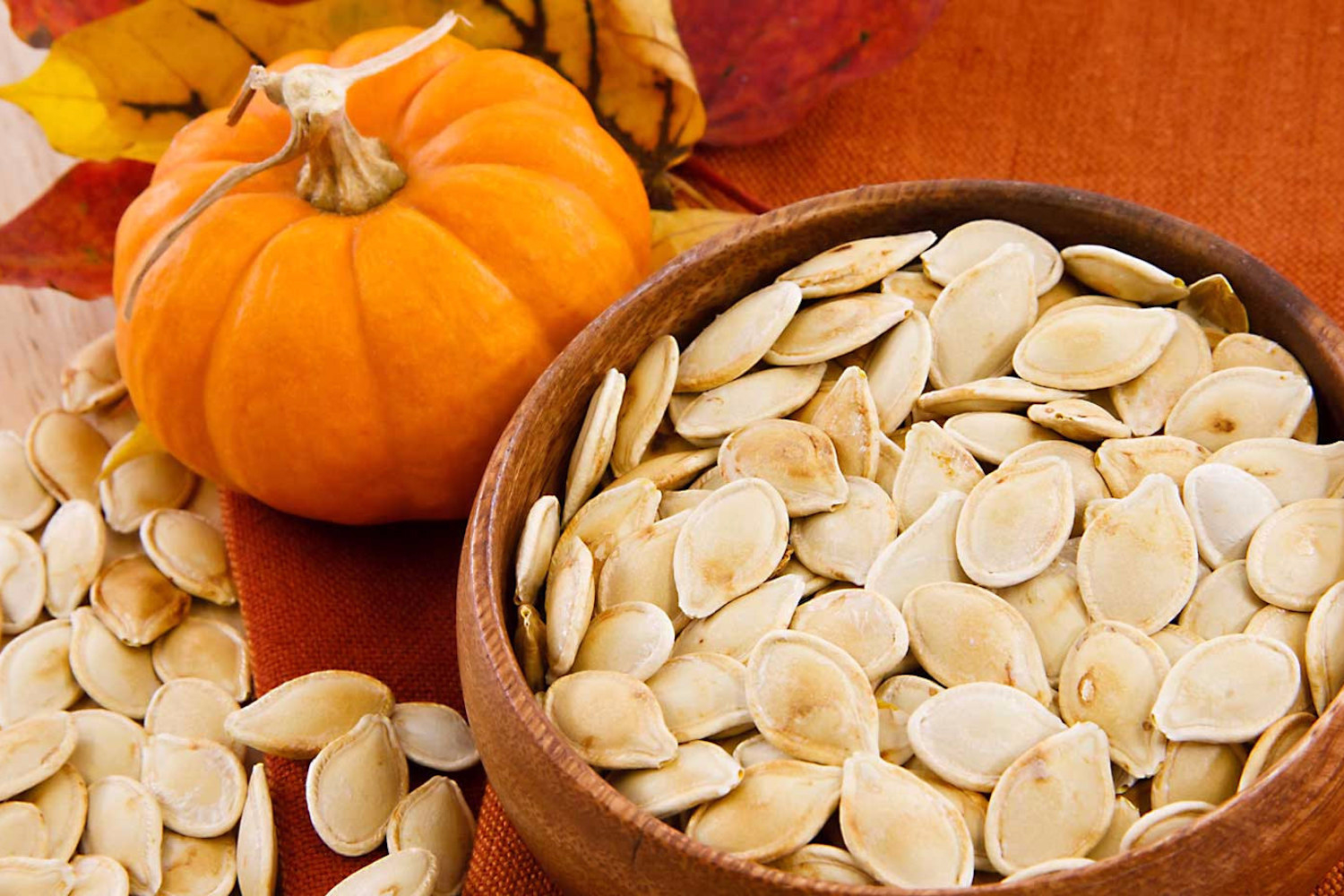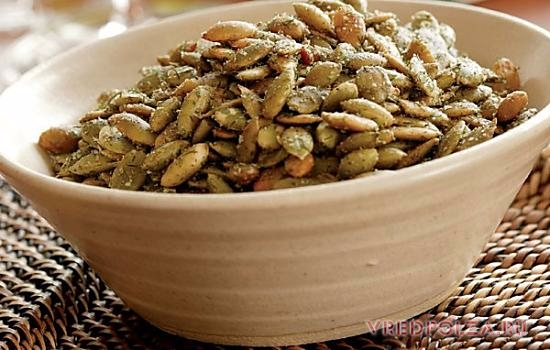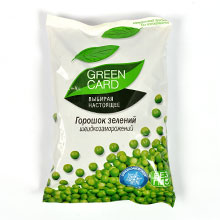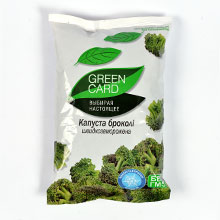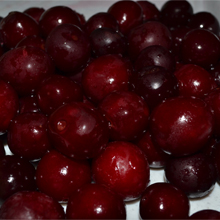The content of vitamins in frozen fruits and vegetables
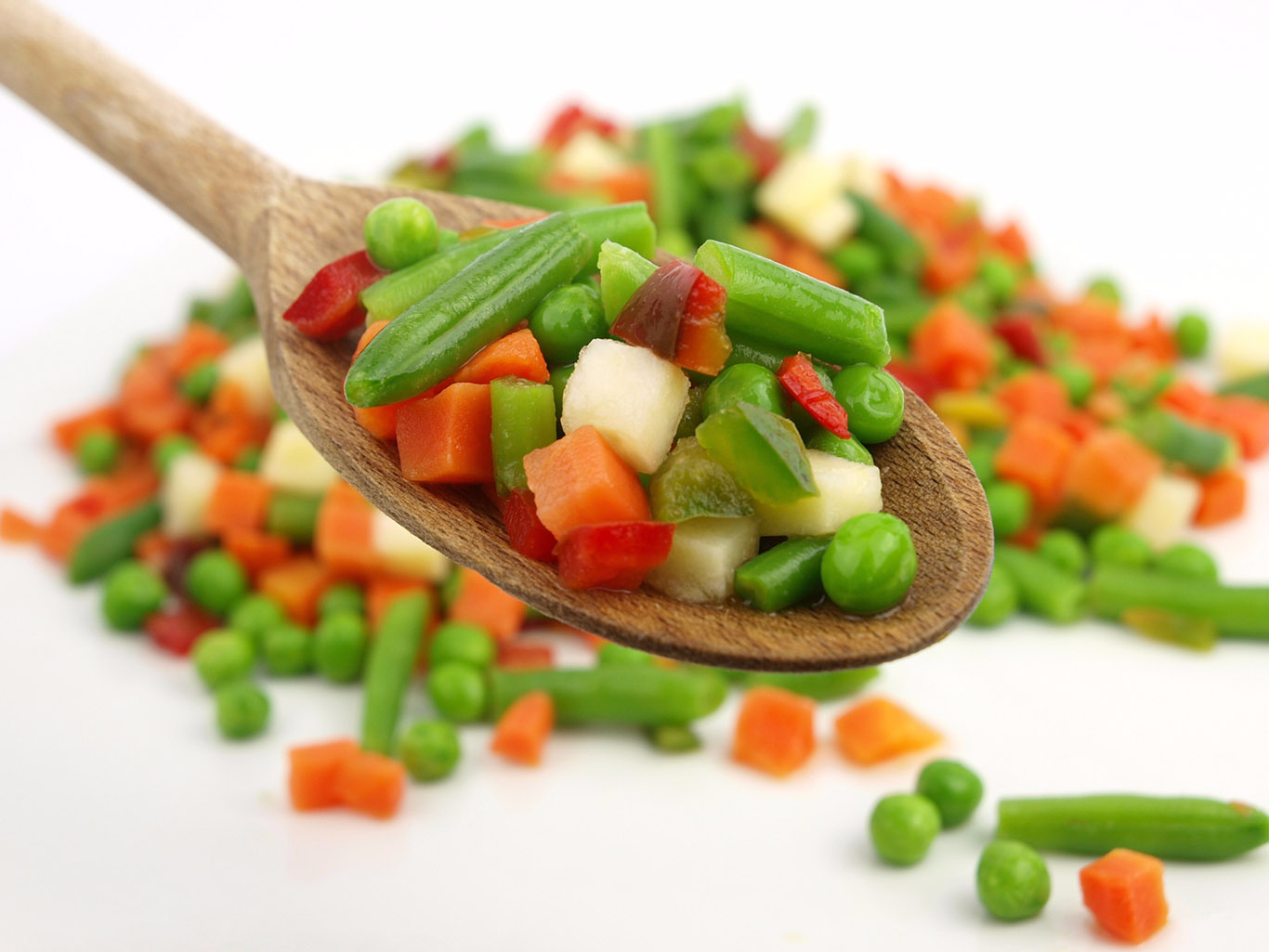
There is a widespread opinion that frozen fruits and vegetables contain no vitamins. However, this is not quite true. Here you can find the list of products that are much more useful if stored frozen than in any other form (for example, canned, pickled or dried).
Only seasonal fruit are subject to freezing, meaning that their content of nitrates, preservatives and other chemical additives is minimal compared to those products that had to be processed for long-term storage. Besides, no food additives, flavour enhancers and artificial colours are used in frozen vegetable mixes and fruits.
There are vegetables that are stored in fresh condition throughout the year-round or grown in greenhouses, so they are can be easily purchased in the store at any time - potatoes, carrots, cucumbers and tomatoes, oranges and apples. But it is definitely easier to store some fruits, such as strawberries, raspberries and plums, when they are frozen.
You may safely store all kinds of cabbage (broccoli, Brussels sprouts, cauliflower), as well as cherries, plums, raspberries, strawberries and peas under refrigeration. Unfortunately, all of them rapidly lose appearance, flavour and vitamins if stored fresh. For example, green peas, which are rich in ascorbic acid, lose fifty percent of it in two days, and spinach loses almost all of its precious vitamin C during the same period.
USEFUL TIP: for many fruits, vegetables and berries freezing is perhaps the only way to preserve their nutrients, of course, provided that the period between harvesting and processing will not exceed five hours.



